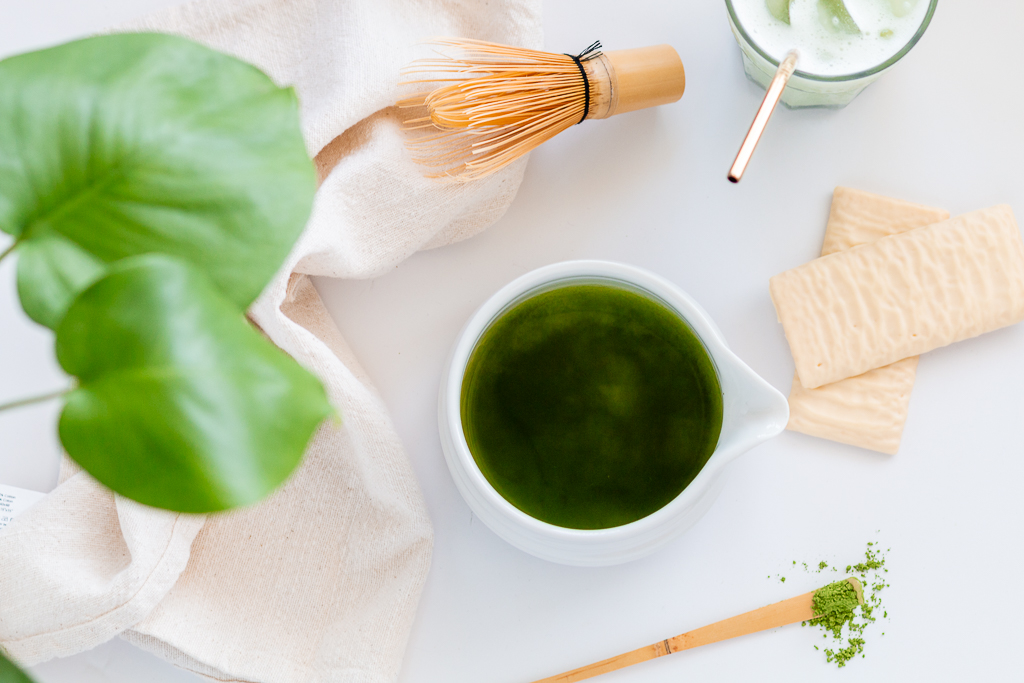
Guest Post by Dana Sidi
I started drinking matcha, the Japanese green tea, over six years ago, long before it became a trend—especially in Israel.
When I first started, I had no idea what it was, the best way to drink it, or its benefits. So, I just drank it as a regular hot tea (very tough for beginners).
Today, my favorite recipe is: high-quality matcha (I’ll explain how to check its quality later), with about a quarter cup of lukewarm water, ice, and oat milk.
So why do I drink it even though half the people who taste it say it tastes like grass? Keep reading, and you’ll understand everything!
Before we start, let me tell you a bit about myself 🙂
I’m Dana, I specialize in organic marketing on TikTok for businesses, and in my free time, I explore the world of matcha.
I started drinking matcha entirely by chance while living in Madrid. One day, I bought matcha tea at the supermarket.
Since then, I’ve been drinking it consistently, both in cafes and at home, and discovered a whole world behind the brightly colored tea. (The number of times people have asked me in cafes what I’m drinking because of its green color 😅)
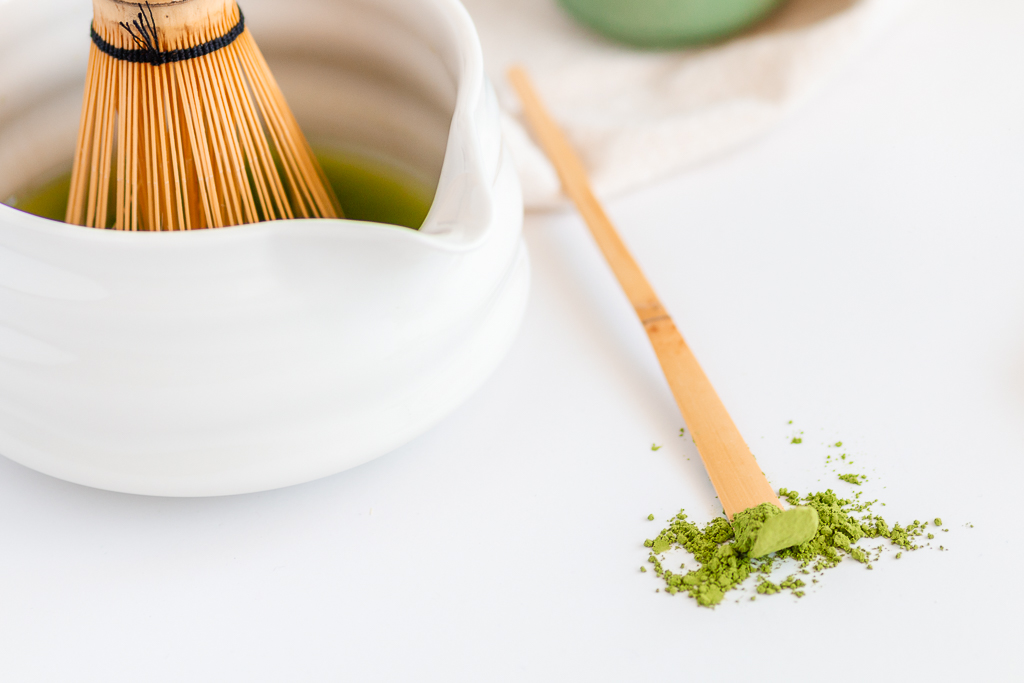
Matcha originates from Japan and is still used today in traditional tea ceremonies.
If you’ve tasted matcha and thought, “Wow, this tastes like grass,” or “Ugh, this smells like fish,” then you probably had very low-quality matcha! and urge you to give it another chance.
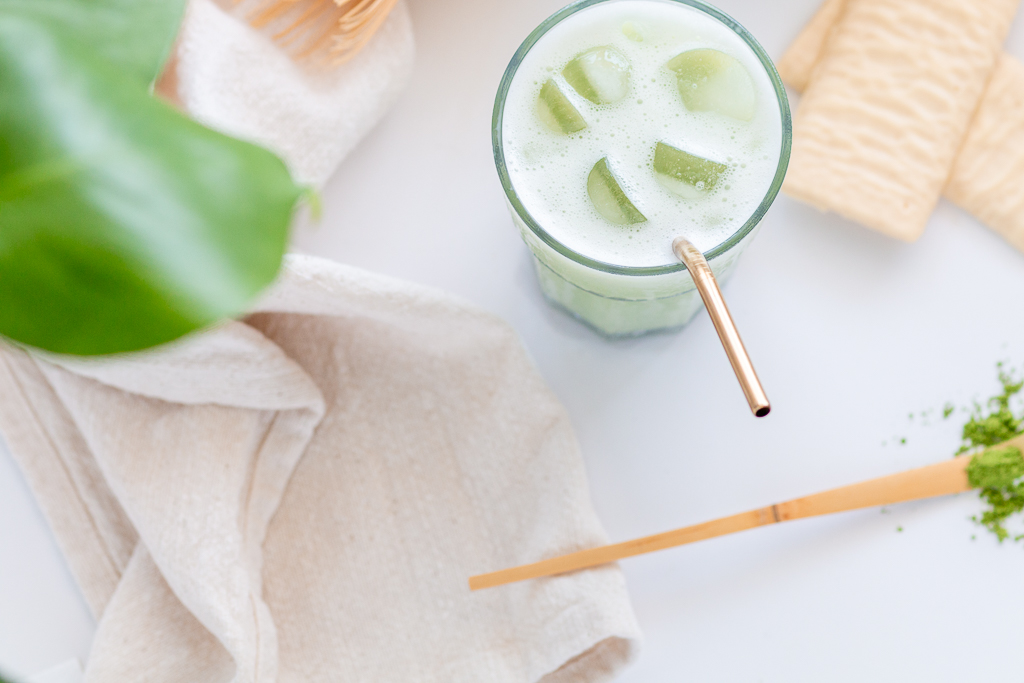
The first advantage matcha has over coffee is, of course, caffeine. After all, most people drink coffee to wake up, right?
So, in matcha, we have almost 50% amount of caffeine compared to coffee, but it keeps us alert for more hours.
Think about it: when you drink coffee, you wake up, but after a few hours, there’s a kind of crash that leaves you tired.
When you drink matcha, you don’t experience that crash.
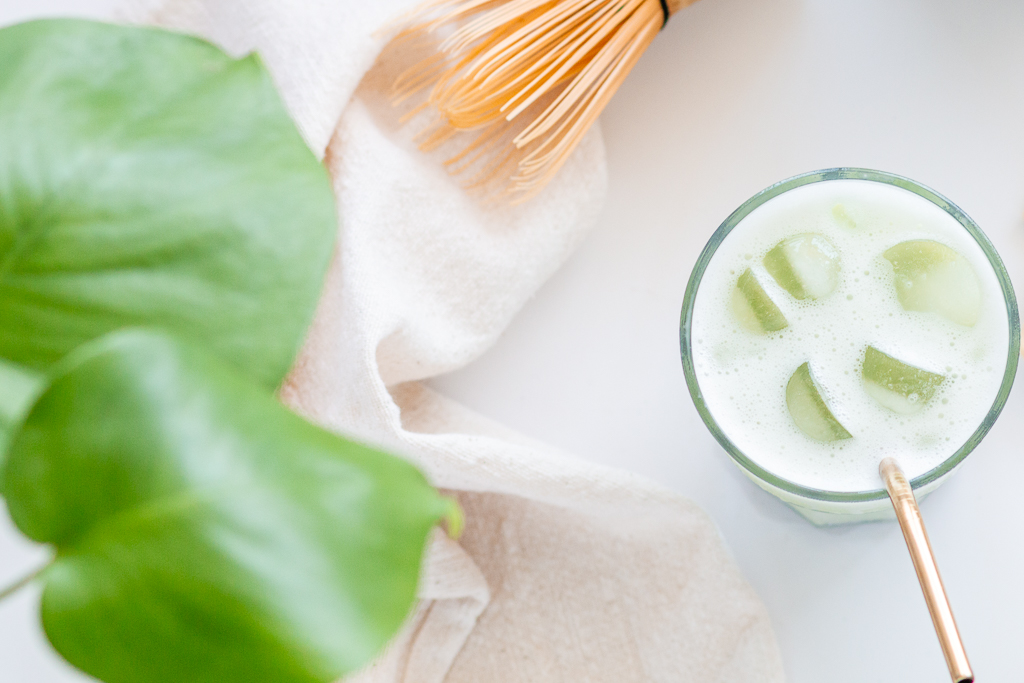
The second advantage is, of course, the health benefits.
I assume you already know that green tea in general is very healthy. So, think of matcha as highly concentrated green tea = doubly beneficial for health.
Matcha contains a lot of antioxidants that, among other things, help with skin health, reduce inflammation, reduce the risk of heart disease, and more. Additionally, matcha contains L-theanine, which helps with focus and a sense of calm.
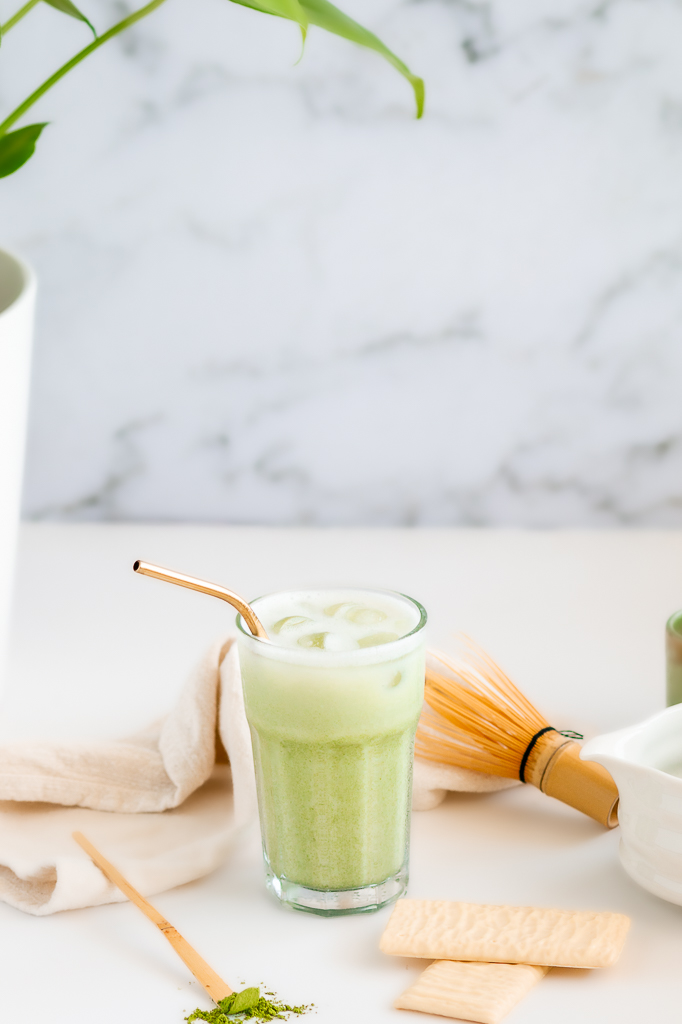
The final advantage, and perhaps my favorite, is the tea ceremony.
Every morning, I start my day with a matcha preparation ritual. It takes about 5 minutes and can provide me with calmness throughout the day.
In Japan, the tea ceremony is considered a ritual of intention and mindfulness that takes years to learn and master.
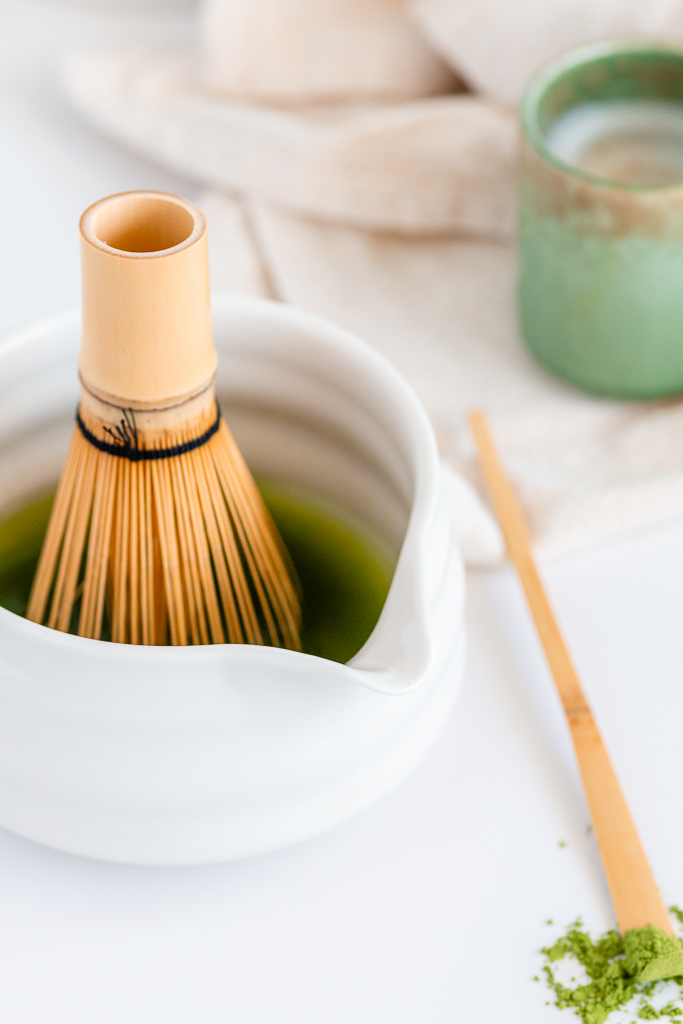
To Sum it Up, One Last Thing You Need to Know Before Starting to Drink Matcha:
Quality check of the Matcha –
There are several criteria, but I’ll touch on the 3 most important: color, grade, and price.
In terms of color, quality matcha will be a bright, vibrant green, not a pale green (yellowish) like you often see in many places.
In terms of grade, always opt for ceremonial grade matcha. If it doesn’t say ceremonial grade, I’d be suspicious…
Regarding price, matcha is not cheap, especially not quality matcha. If you find 50 grams of matcha for 50 shekels/nis, let’s just say that would raise a red flag for me. I would aim for a range of 100-160 shekels/NIS for 30 grams, assuming the other 2 criteria are also met.
It’s important to remember that this varies from company to company, and if you’re unsure and don’t know what to buy, send me a message and I’ll be happy to help.
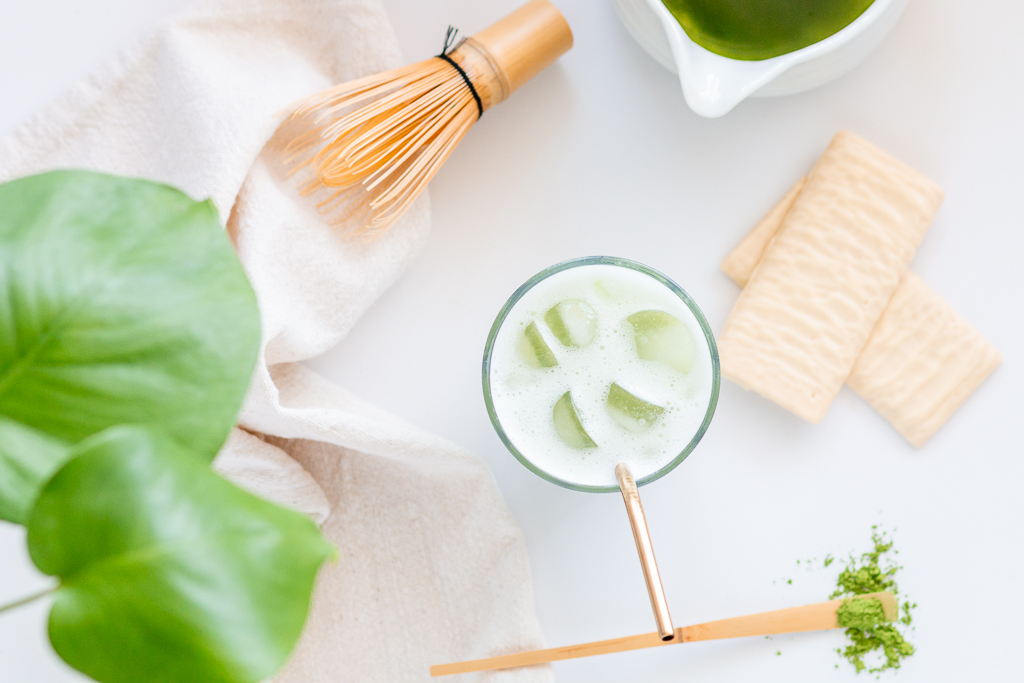
Hi, my name is Hadassa Shitrit.
I am a mental coach for women and business owners who want to develop, achieve success, and create their dream lives.
I am a blogger and content creator focused on personal development, consciousness, business and entrepreneurship, and lifestyle.
I own the brand HADASIM, and I host the podcast ‘It Speaks to Me.’
In recent years, I have been leading dozens of women and business owners to their personal and business success and fulfillment, combining consciousness with practical and technical tools.
Thanks to the long journey I undertook to fulfill myself and my dream, realize my abilities, and build my business from scratch, I am here to help you realize your unique abilities and make your way towards achieving your dream and the life you wish for yourself.
Join my newsletter community now.
Receive updates on new blog posts,
new podcast episodes,
tips, activities, gifts, and more,
and unique content exclusive to Hadasim newsletter subscribers directly to your email.
You were born to grow, to flourish, and to succeed immensely.
It’s time for you to unleash your true potential and that of your business!
‘My Digital School’ was created last for you, to help you finally identify what truly holds you back and the tremendous success you know you can achieve!
You know you can do more, and you feel it’s time for you to move to the next level.
With conscious, practical work, and practical tools, you can finally reach the goals you so desire for yourself and your business, and create real and meaningful successes for yourself and your business.

For anyone who wants to enter the new year feeling ready and open to fulfilling herself and her dreams! To create clarity and order and to track her progress throughout the year…